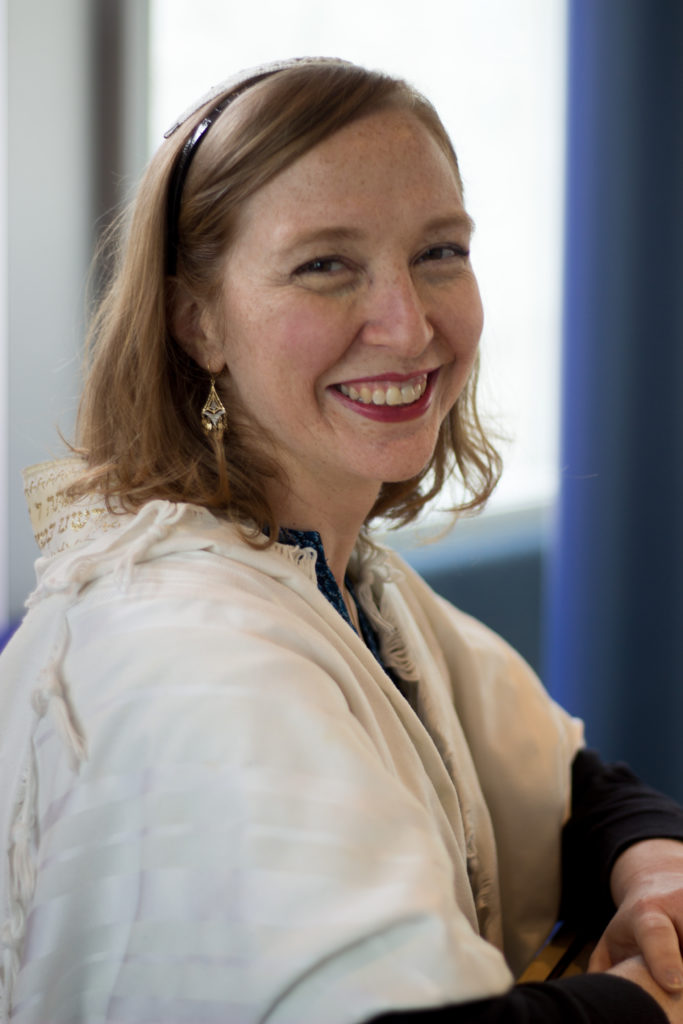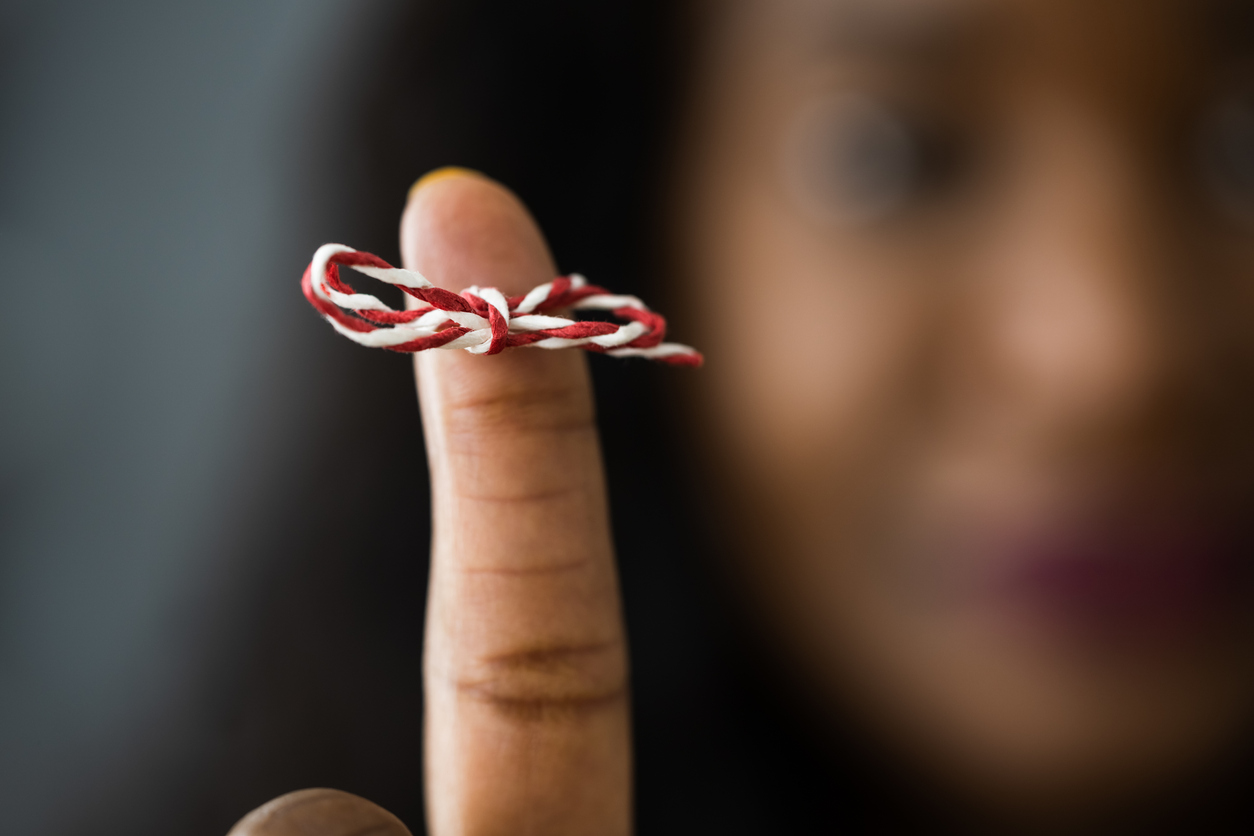There are some dark times that we commemorate in a ceremony with the reading of names. And there are some that result in celebrating with oily foods and candles. And there are some where we were so terrified, and now we are so out of our minds to have averted the decree, that we drink. We drink to forget. We don’t ever want to remember it was so awful. Blot out the memory. Forget the darkness. This is Purim.
We tell our story of what we went through, and we are commanded to listen to every single word. And then we drink to forget.
Maybe this moment in 2022 is the Purim kind of dark time. The pandemic began with Purim and we emerge from it (G-d-willing) with Purim. It was so hard. We sat in sackcloths. We lamented. We are changed.
This may be a Purim kind of survival – we may be entering the roaring 20s of oblivion. However, Purim teaches us to forget – but, also not to forget. The Torah portion we read right before Purim is Parashat Zachor, the parashah of remembrance, in which we are commanded to both blot out the memory of Amalek (considered to be Haman’s ancestor) and to remember his terribleness when he ambushed the Israelites in the desert. It’s not just drinking and forgetting. It’s deliberate remembering. It’s being glad we’re alive.
And it’s giving gifts to the poor. If going through something awful doesn’t make us more compassionate, we’re doing it wrong. Let us be softened. This pandemic made us realize we are all of us broken; we are all of us suffering. (Even more so now, as refugees stream out of the homeland of many of our ancestors and relatives. The suffering is almost unbearable.) We are all of us broken. Let us not forget that in our rush to forget what we’ve gone through. Now that we’ve seen the suffering, we are called to do something about it. We celebrate by hearing the story and then forgetting it, but more importantly, by being softened by it and preventing future suffering.
It’s true that we will always be looking over our shoulders. Each year it could happen again. Each year we fast again the day before Purim, worried it might not turn out okay this time. After all, once the violence stopped, Persia’s Jews went back to living next to the neighbors who tried to kill them. Purim’s victory is not a certain one. It’s not a permanent one. It’s maybe even just the luck of the draw. But it’s a victory nonetheless. And we must celebrate it, no matter what else may be coming our way next.

Rabbi Julia Appel is Clal’s Senior Director of Innovation, helping Jewish professionals and lay leaders revitalize their communities by serving their people better. She is passionate about creating Jewish community that meets the challenges of the 21st century – in which Jewish identity is a choice, not an obligation. Her writing has been featured in such publications as The Forward, The Globe and Mail, and The Canadian Jewish News, among others.

